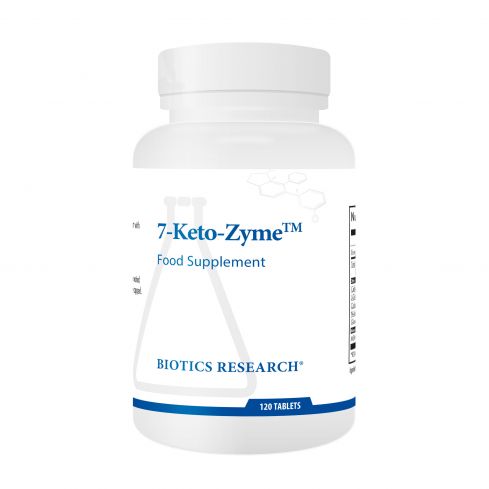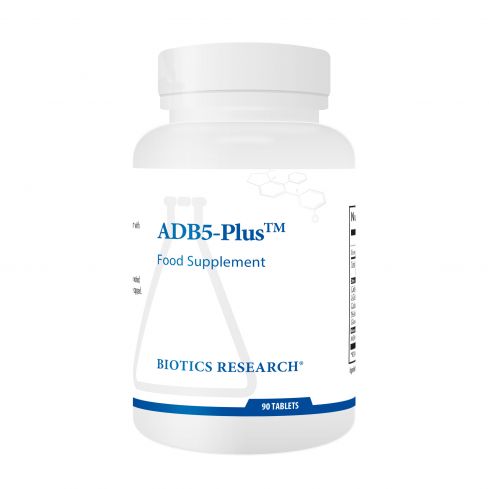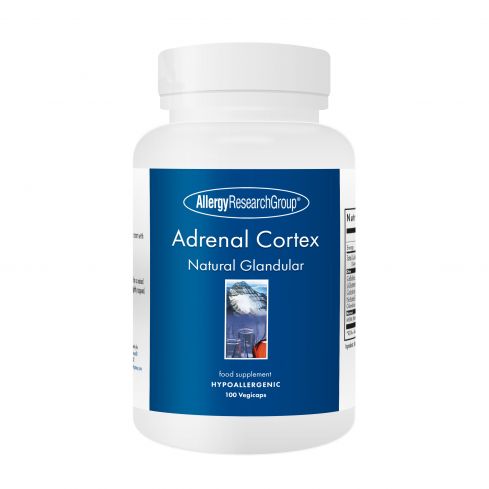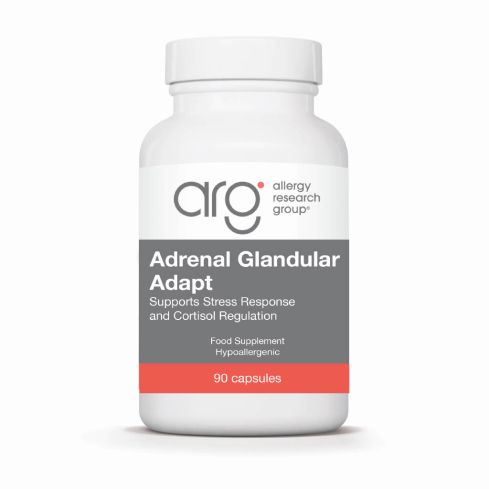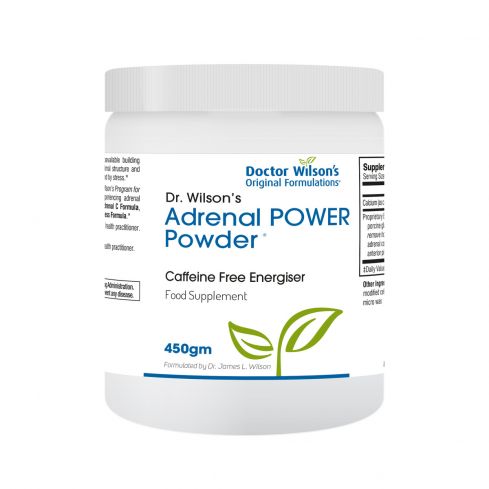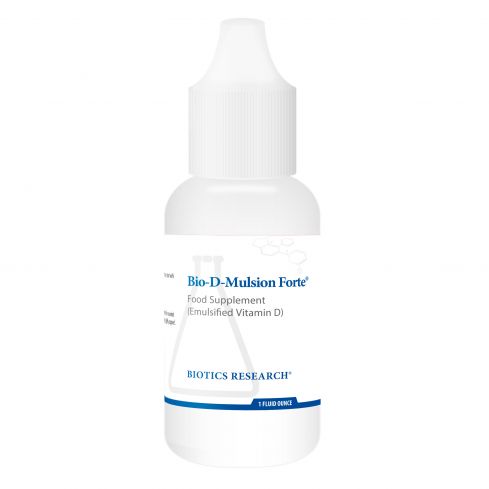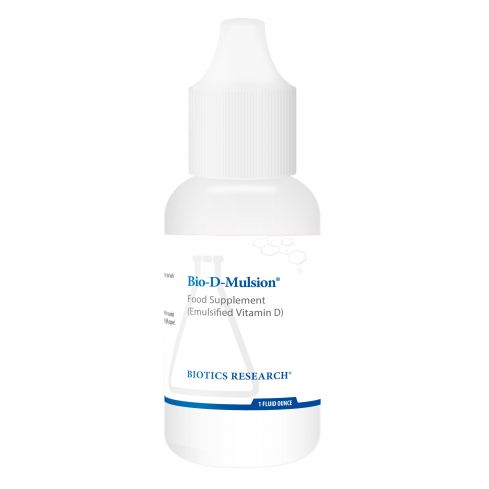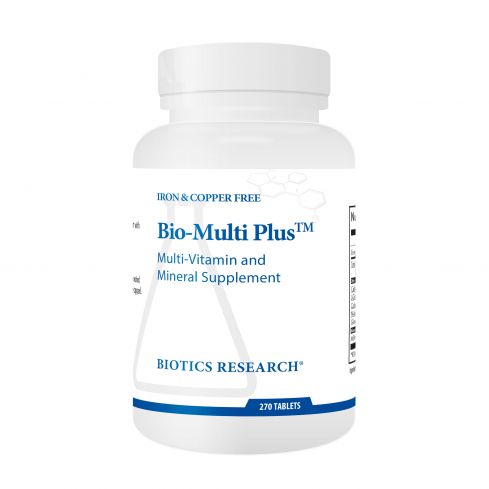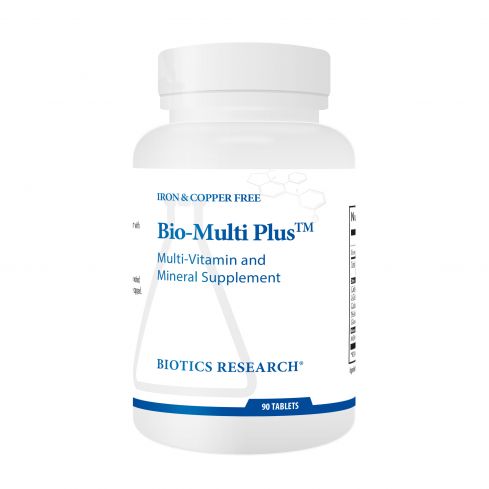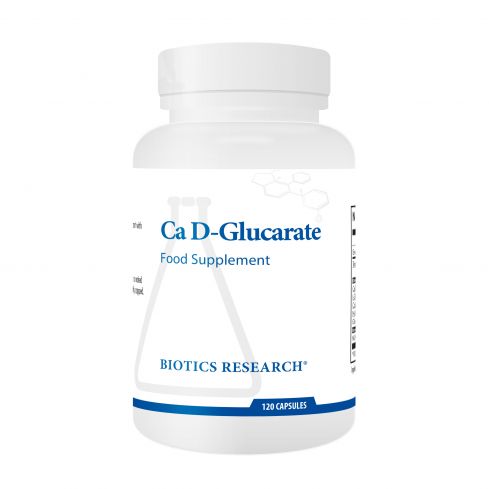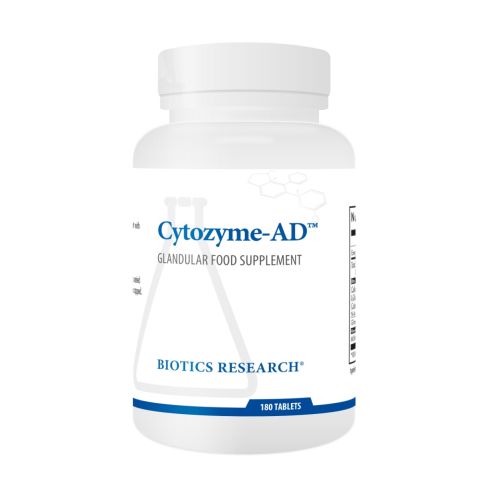- Home
- Products
- Conditions
- Hormone Support – Male
Hormone Support – Male
Hormones are chemical messengers, produced by the adrenal, pituitary, thyroid, ovaries, testes and other glands, that have far-reaching effects throughout the body. Hormones regulate everything from growth and tissue repair to metabolism, reproduction, blood pressure and the body’s response to stress. Hormones also regulate complex bodily functions, such as growth and sexual development.
The word hormone comes from the Greek word horman meaning “to set in motion.” All multi-cellular organisms produce hormones, including plants. The system of glands that release hormones is referred to as the endocrine system. The branch of medicine that studies the hormone system is known as endocrinology. The endocrine system is one of the body’s main systems for communicating, controlling and coordinating the body’s work.
The concept of internal secretion was developed in the 19th Century by Claude Bernard who described it in 1855, but did not specifically address the possibility of secretions of one organ acting as messengers to others. Still, various endocrine conditions were recognised and even treated effectively. The major breakthrough was the identification of secretin, the hormone secreted by the duodenum that stimulates pancreatic secretions, by Ernest Starling and William Bayliss, in 1902. Previously, it was thought that the process was regulated by the nervous system. Starling and Bayliss demonstrated that injecting duodenal extract into dogs rapidly increased pancreatic secretions, raising the possibility of a chemical messenger.
During the remainder of the 20th Century, all the major hormones were discovered as well as the cloning of the relevant genes and the identification of the many interlocking feedback mechanisms that characterise the endocrine system.
Hormones are commonly given as medications. oestrogens and progestagens are often prescribed as contraceptives to prevent pregnancy. Thyroxine is prescribed to individuals with an under or over-active thyroid. Individuals with autoimmune disorders and those undergoing gender reassignment procedures often take steroids. Diabetics take insulin to regulate the amount of sugar in their blood.
Males mostly consider raising testosterone as this declines with age. However, the management of stress is also largely hormone dependent and the health of the adrenal glands and the optimisation of the adrenal hormone output is an important part of achieving healthy hormone function.
The adrenals are very receptive to nutrient support as well as positive lifestyle changes.
The body has two adrenal glands, one above each of the kidneys. Each adrenal gland is actually two endocrine organs. The outer portion is called the adrenal cortex and the inner portion the adrenal medulla. The hormones of the adrenal cortex are essential for vital life processes while the hormones of the adrenal medulla are not. The adrenal cortex produces glucocorticoids (such as cortisol) that help the body control blood sugar, increase the burning of protein and fat and respond to stressors like fever, major illness and injury. The mineralocorticoids (such as aldosterone) control blood volume. They also regulate blood pressure by acting on the kidneys to help them hold onto enough sodium and water. The adrenal cortex also produces some sex hormones, which are important for some secondary sex characteristics or the bodily changes that occur in women and men at puberty. The adrenal medulla produces epinephrine (adrenaline), which is secreted by nerve endings and increases the heart rate, opens airways to improve oxygen intake and increases blood flow to muscles, usually when a person is scared, excited or under stress. This is the hormone responsible for what is known as the “fight or flight” response. Norepinephrine also is made by the adrenal medulla, but this hormone is more related to maintaining normal activities rather than reacting to emergency situations.
References
- Constantopoulos, G., Carpenter, A., Satoh, P., and Tchen, T. T. Formation of isocaproaldehyde in the enzymatic cleavage of cholesterol side chain by adrenal extract. Biochemistry 1966;5(5):1650-1652. View Abstract
- Tait, J. F., Simpson, S. A., and Grundy, H. M. The effect of adrenal extract on mineral metabolism. Lancet 1-19-1952;1(3):122-124. View Abstract
- Grundy, H. M., Simpson, S. A., and Tait, J. F. Isolation of a highly active mineralocorticoid from beef adrenal extract. Nature 5-10-1952;169(4306):795-796. View Abstract
- Mattox, V. R., Mason, H. L., and Albert, A. Isolation of a sodium-retaining substance from beef adrenal extract. Mayo Clin Proc 10-7-1953;28(20):569-576. View Abstract
- 36 items
- 1 item
- 7 items
- 24 items
- 1 item
- 1 item
- 1 item
- 30 items
- 7 items
- 28 items
- 9 items
- 33 items
- 3 items
- 1 item
- 25 items
- 11 items
- 1 item
- 33 items
- 3 items
- 1 item


